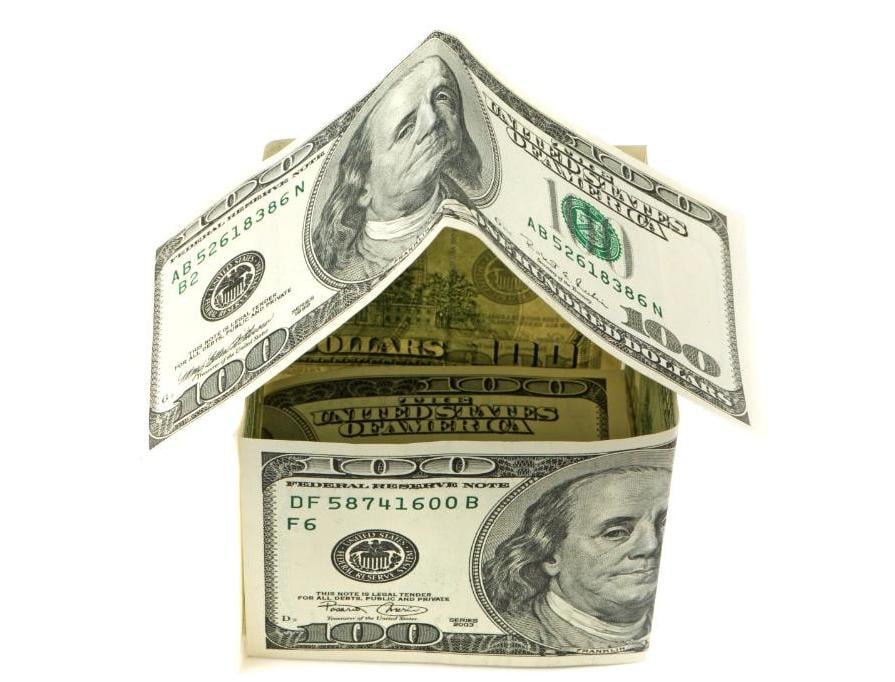How To Evaluate The Resale Value Of A Home
INSIDER TIPS | Buy | Money

Are you on the hunt for a new home? In the mix of things to consider when touring different properties is a home’s resale value. If you buy a home that is appealing to other homebuyers, it should be fairly easy to sell if and when that time comes.
Highlighted below are a few factors that may positively or negatively impact the future resale value of a home.
Prime Location
Traditionally, a home’s location is its top selling factor. Most homebuyers want to live in a convenient, central location that provides easy access to work, schools, and shopping centers. However, you also need to consider the neighborhood’s activity level, the location of major streets, and whether there will be any heavy traffic noise. Buyers want convenience, but may not appreciate busy neighborhoods. Be wary of bad views, but remember that the idea of a “good view” is subjective and may not be a deal-breaker for most buyers. Avoid paying a premium for a specific location unless you are sure that you will see a return on the investment.
House Style
When it comes to the resale value of a home, its curbside appeal carries a lot of weight. Here are three things to consider:
- Overall Style: Buyers, especially those with young families, typically gravitate to more traditional home styles like colonials and cape cods versus contemporaries, ramblers or split-levels. Additionally, a house that has a similar style to others in the neighborhood will be easier to sell in the future.
- Architectural Details: Are there columns, large bay windows, a covered porch, or other coveted features? Do the windows allow for plenty of natural light? Look for features that add value while contributing to the home’s overall style.
- Check for Consistency: Do the shutters and trim make sense for the style of the home? Are there any large bushes or trees blocking views or architectural features? Does the color of the home make sense for the style and the neighborhood? Make sure your home has an attractive, cohesive feel.
Home Amenities
Landscaping is part of the house style and curbside appeal, but it can also be considered an amenity. Many consumers look for homes with neat lawns, large trees, and a few flowerbeds. However, buying a home that is heavily landscaped with overdone lawns and gardens may not be worth the investment. You will likely pay a premium for the landscaping and may not get your money back. Similarly, swimming pools were once a huge draw for buyers, but may not add as much to the resale value in today’s market.
Inside, the house should have a good flow and layout. Homebuyers prefer open spaces, with rooms that are interconnected. Homes with three to four bedrooms and two or two-and-a-half baths are ideal unless you are buying and selling within a certain area or niche market. Having an en-suite master bathroom, in particular, can up the property’s resale value. Other amenities to look for are ample storage space, decent sized closets, spacious kitchen cabinets and counter space, a fireplace, and a garage. Also note that most homebuyers prefer to have hardwood flooring throughout most of the house. Wood, laminate, and tile flooring last longer, are more allergy-friendly, and are easier to clean than carpeting.
Lot Size and Shape
Depending on where you are in Maryland, Virginia, or DC, the size of your home’s lot and yard may not be huge. At the very least, however, the lot should be rectangular and as level as possible. Buyers often look for houses with decently sized front and back yards, which means that odd-shaped lots can be harder to resell.
Finally, it may not be advisable to buy the largest home in the neighborhood. Smaller homes can act as a drag on appreciation, and you may also have a hard time finding neighborhood comps to justify your asking price when it comes time to sell.
If you have more questions about buying residential real estate, contact the Eric Stewart Group. Our team is comprised of experienced, accessible, and easy-to-work-with agents and support professionals. You can also download our free Savvy Buyer Guide which is packed with invaluable tips and will help you avoid common buyer mistakes!
About Eric Stewart
Eric Stewart started his real estate career in 1987 and each year he and his group sell over 150 homes in DC, Maryland, and Virginia. The Eric Stewart Group has completed more than 3,000 real estate transactions, placing Eric in the top 1% of Realtors® in the nation. With a comprehensive approach to marketing and a knack for negotiation, the Eric Stewart Group has built a reputation of trust and tireless persistence throughout the area.
















